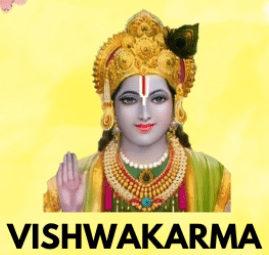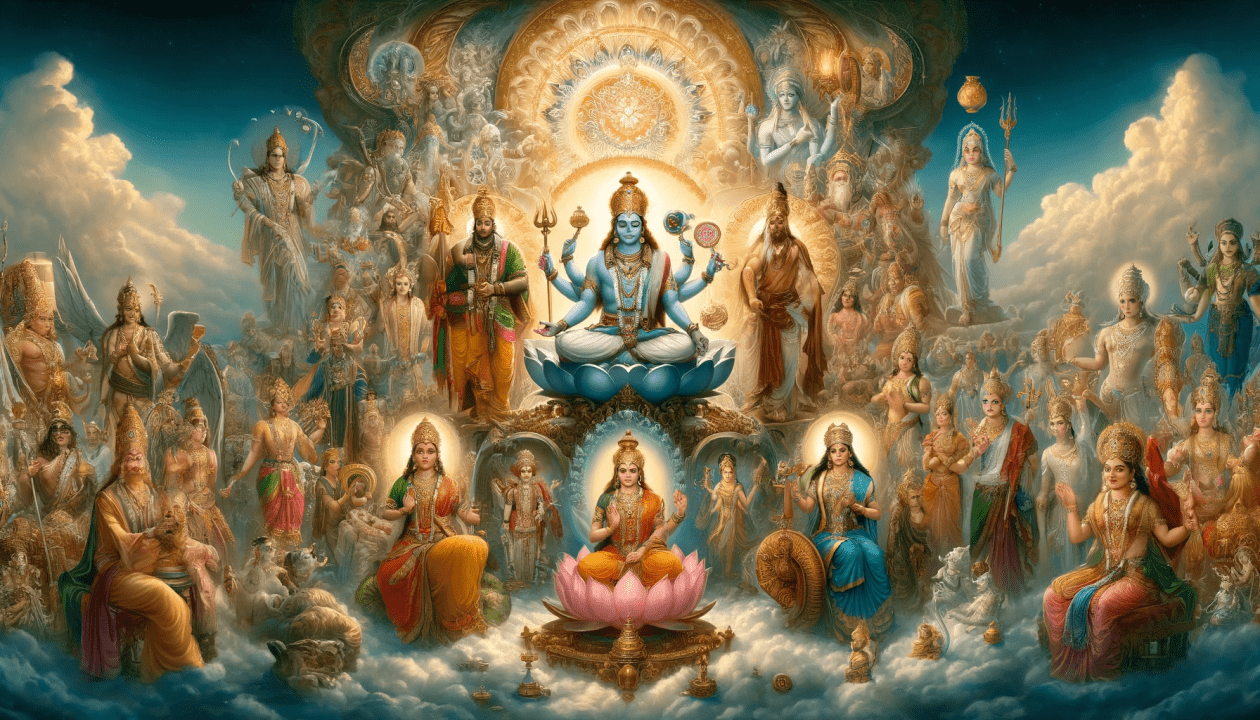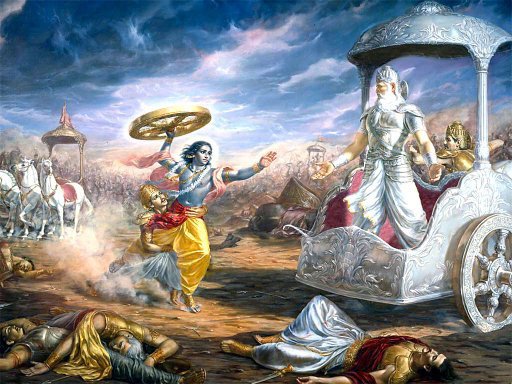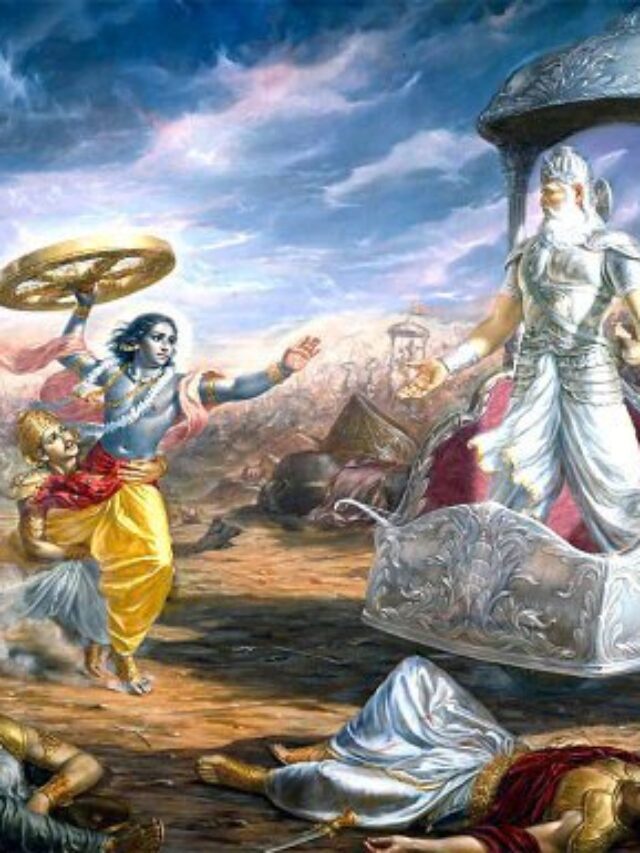Dwapara Yuga — The Age of Energy
In Hinduism, Dwapara Yuga is known as the “Age of Energy“. It is the third of the four yugas in a Yuga Cycle, preceded by Treta Yuga and Kali Yuga. According to the Manusmriti and Mahabharata, Dwapara Yuga lasts for 2,400 years. During Dwapara Yuga, compassion and truthfulness were the two pillars of religion.
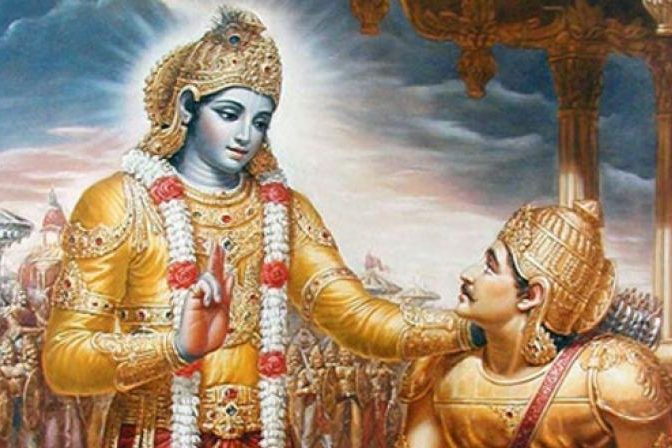
Even before the beginning of the Dwapara Yuga, towards the end of the Treta Yuga, people started to deviate from the path of dharma or a righteous way of living. Individuals in society began to misuse their positions to elevate themselves at the expense of others. This behavior was prevalent across all levels of society, from the priestly class to the working class. The lust for power, wealth, and influence led to the outbreak of wars among ruling kings. Collective sacrifices became ineffective, and people turned to worship Vishnu in His deity form. As a result, thousands of temples were built worldwide to worship Vishnu and His various incarnations such as Indra, Agni, Shiva, and others.
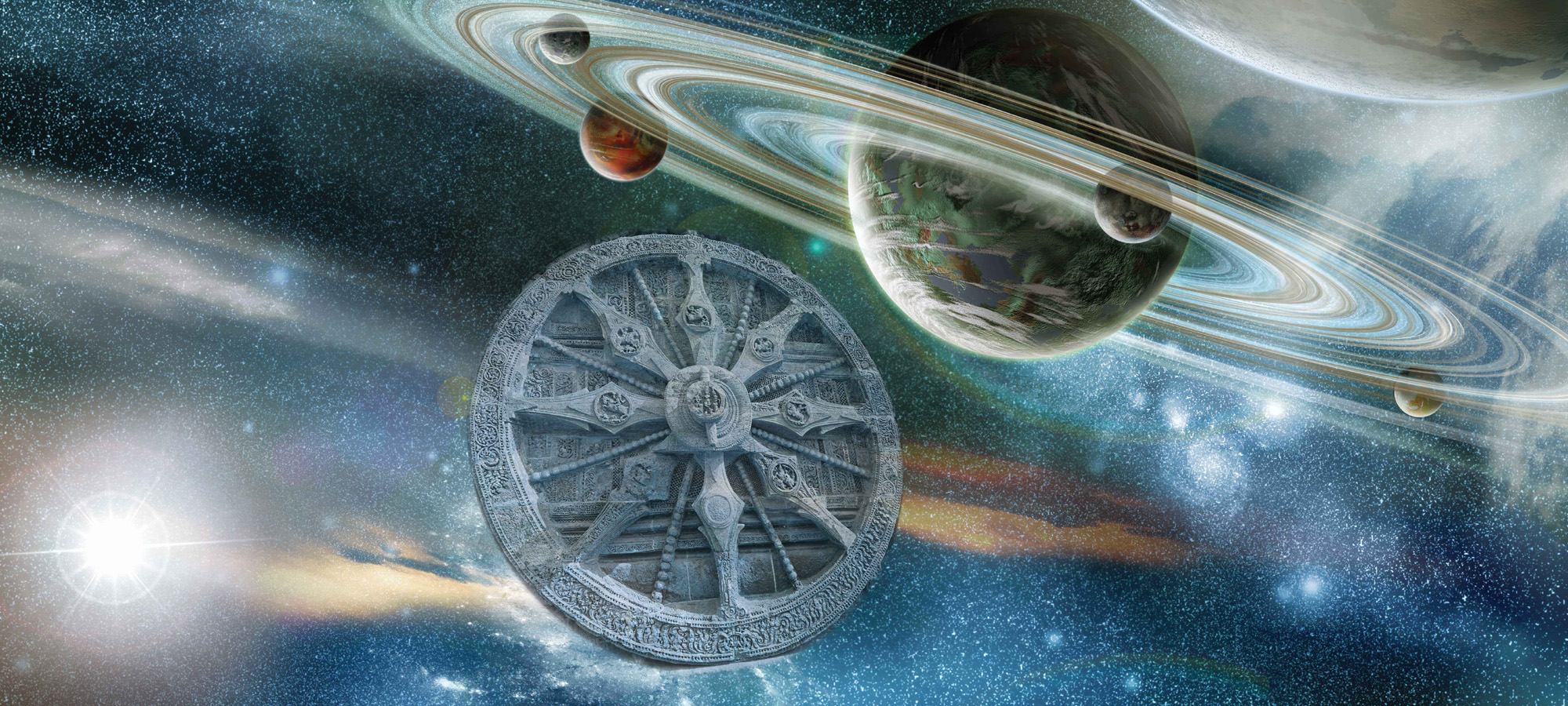
In the Dwapara Yuga, also known as the Bronze Age, selfishness and irreligion started to prevail over mankind’s natural godly nature. People began to lose faith in their leaders and fellow citizens. Despite this, there were still many righteous kings who upheld justice and defended virtue. In Dwapara Yuga, humans lived up to 1,000 years.
In the End of Dwapara Yuga, corrupt leaders abandoned religiosity and became selfish and violent. Mother Earth, taking the form of a cow, sought help from Brahma, the universal creator. Brahma appealed to Vishnu, who informed him that Krishna would appear on Earth to destroy the evil kings and restore virtue. It was then that Krishna descended and spoke the famous Bhagavad-gita to Arjuna. As the world was reeling under the weight of injustice and cruelty, Krishna’s arrival brought hope and guidance to those who sought righteousness. With Krishna’s divine wisdom, Arjuna found the strength to fulfill his duty in the battle of Kurukshetra, setting an example for all of humanity. Krishna’s teachings in the Bhagavad-gita became a timeless source of enlightenment, inspiring countless generations to lead lives of righteousness and virtue.
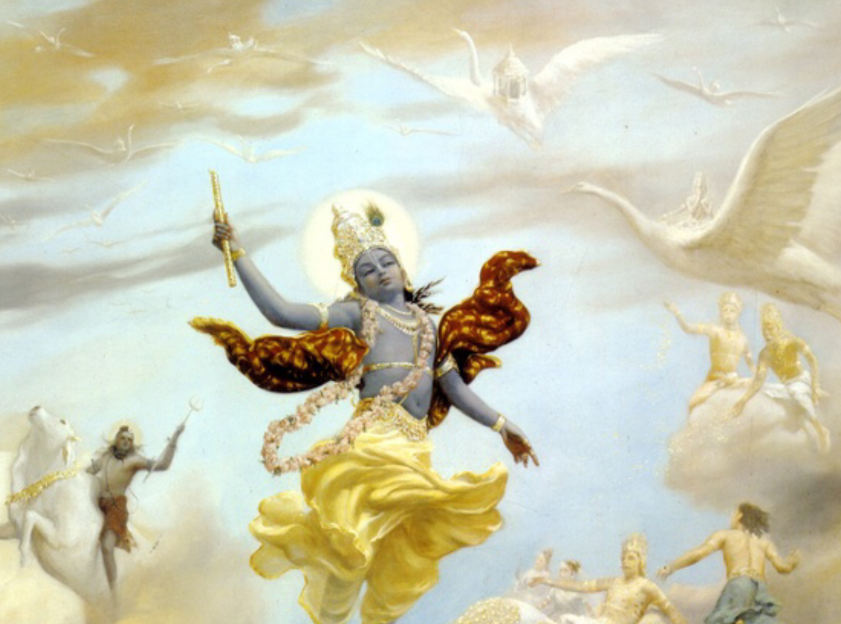
According to the Puranas, Dwapara Yuga ended when Krishn returned to Vaikuntha. Lord Krishn’s life marked the end of Dwapara Yuga and the beginning of Kali Yuga.
